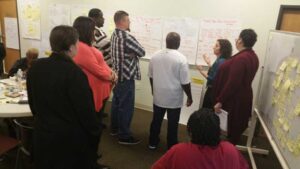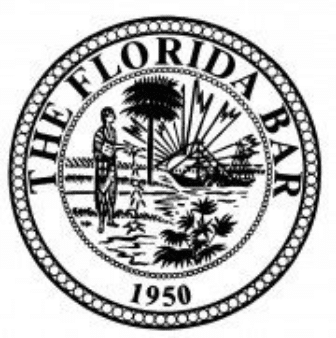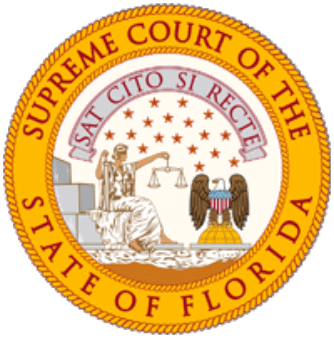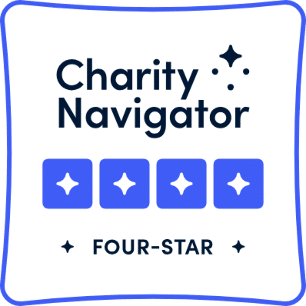
For two and a half days in early February, legal aid attorneys, community activists, social service providers, law professors, Florida Bar Foundation staff and others gathered at a community service center in Pensacola to design new approaches to the delivery of legal services.
Led by Margaret Hagan, director of the Legal Design Lab at Stanford Law’s Center for the Legal Profession, the group began with a question: “How do we get legal help to those who need it and who may not even know they need it?”
Hagan, a member of the advisory council for the American Bar Association Center for Innovation and the facilitator for the Foundation’s 2015 Legal Aid Summit, said the project is using a model of participatory service design employed by service innovation labs in Malmo, Sweden and Milan, Italy.
“Rather than starting from the usual lawyer-first or court-first point of view, we are starting with the people. It’s not about setting up more traditional law offices or clinics and hoping that people realize they have a legal need and then find their way to a lawyer,” Hagan said. “This proposition of people-driven legal services has been rumbling around as a concept in classes, conferences, and discussions about improving the legal system.”
The Escambia Project, tentatively named for the Florida county where it’s located, is an effort to turn that talk into action.
The project is hosted by Pathways for Change, which takes a holistic approach to its mission of transforming the lives of people on the wrong path because of poverty, substance abuse or lack of education. The Pathways for Change family center stands amid four public housing blocks in Pensacola and offers a continuum of services including education, prevention, intervention and aftercare.
Pathways for Change CEO Connie Bookman, a public member of The Florida Bar Foundation board, has worked closely with Melissa Moss, the Foundation’s deputy director for strategic initiatives, to bring together the team that is collaborating on the project.
“Our staff has worked since 2004 to ensure that those we serve at Pathways for Change have all the resources they need to really turn their lives around,” Bookman said. “Legal services, while they have been available to a limited extent, have really been the missing piece in terms of providing residents of this underserved community with a comprehensive set of tools to overcome barriers to success.”
The Escambia Project’s design teams met on site during the first week of February to map out needs, brainstorm, propose and vet design ideas, and narrow those ideas to a few worth piloting. Bookman invited 10 members of the Pathways for Change Men’s Residential Treatment Program to serve as design reviewers. All are men who have been convicted of non-violent, non-sexual crimes and who are participating in the organization’s rehabilitation program.
Based on the feedback they received, each of three design teams prioritized and refined their ideas. The three projects they decided to pilot are:
- Justice on the Block, through which community centers would host free legal help sessions that would integrate legal aid and pro bono lawyers in person, via Skype or by appointment;
- One-Stop Life-Shop, which would bring together legal and other social services at the Pathways Family Center;
- and Smart Intake, a tech tool that would enable a volunteer – not necessarily a lawyer – to better spot when people have a legal issue and craft a game plan for how he or she could access legal services.
The next step is to develop and implement pilots that would run through the summer.
“We want to create something meaningful and to challenge the status quo, but in just enough of an incremental way that we can actually implement it, fix its bugs, and measure exactly what it’s doing,” Hagan said. “We are also in a second round of scouting out inspiring models and experts in the field. Rather than try to reinvent models, logistics, and best practices, we’re looking for people who have already built out similar parts of the system we are creating in Pensacola.”




